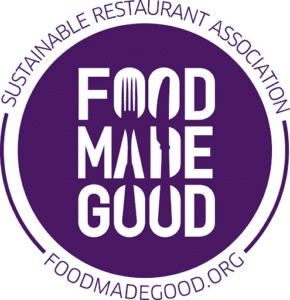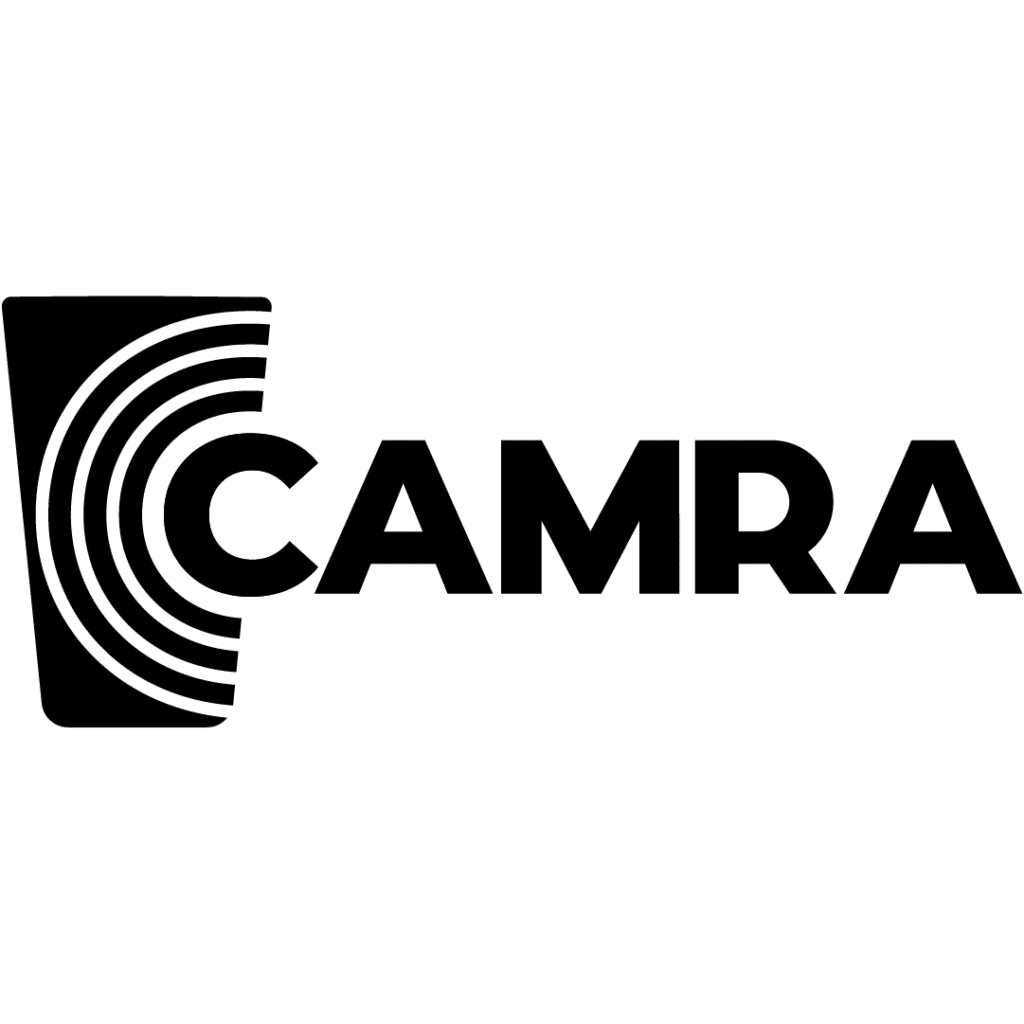Waste and recycling
Waste and recycling
Publishing date: March 2025
Reducing, reusing, recycling and waste management
As a business, Wetherspoon aims to minimise general waste and maximise recycling and reuse. The company looks for opportunities for circularity in its waste-management systems.
The company has set the target for a maximum of 10% of waste to be treated as general waste and for no waste to be sent to landfill.
Whenever possible, waste is segregated into a minimum of nine ‘streams’ (food waste, glass, tins/ cans, cooking oil, paper/cardboard, plastic, Tetra Paks, waste electrical and electronic equipment (WEEE), general waste) and is managed as follows:
| Recycling | Reuse | Anaerobic digestion | Waste-to-energy power plants 1 |
| Glass Paper/cardboard Plastics Tins/cans Cooking oil WEEE (lightbulbs, batteries and all electronic waste) Tetra Paks | Tote boxes Equipment Mushroom crates | Food waste Coffee grounds | General waste (non-recyclable) |
to using fossil fuels.
As part of their initial induction (and annually after that), all employees receive training in correct waste disposal and recycling procedures.
Wetherspoon’s national distribution centre, at Daventry, also includes an in-house 24-hour recycling centre, accounting for approximately 20% of the site, with a large, dedicated workforce and specialist equipment. When making deliveries to pubs, lorries collect mixed recycling, used cooking oil and reusable items for return to the recycling centre – so reducing the company’s carbon footprint from reduced road miles.
Cooking oil is managed carefully to maximise life, including regular filtering to remove impurities.
Waste oil is converted to biodiesel for agricultural use.
Draught beer and ale are supplied to pubs in barrels which are returned to the brewery for cleaning and reuse.
Some draught cider, wine and soft drinks are supplied in a bag-in-a-box. After the contents have been dispensed, the plastic bag and cardboard box can be separated and sent for separate recycling.
In partnership with Veolia, our waste service provider, 99.8% of waste was diverted from landfill during the financial year 2023/24.
Waste was managed as follows:
| Weight (tonnes) | % of total waste (by weight) | ||
| Recycling | Glass | 21,687 | 35.87 |
| Paper/cardboard | 5,069 | 8.38 | |
| Plastics | 234 | 0.39 | |
| Tins/cans | 275 | 0.45 | |
| Cooking oil | 2,006 | 3.32 | |
| WEEE (lightbulbs, batteries electronic waste) | 55 | 0.09 | |
| Total recycling | 29,326 | 48.50 | |
| Anaerobic digestion (food, coffee grounds) | 9,039 | 14.95 | |
| Waste-to-energy power plants (non-recyclable waste) | 99.8% of non-recyclable waste was diverted from landfill | 22,055 | 36.48 |
| Landfill | 44 | 0.07 | |
| TOTAL | 60,464 | 100 | |
All paper is purchased in partnership with Forest Carbon (www.forestcarbon.co.uk) which invests in new woodland and peatland restoration projects.
In partnership with Forest Carbon, over the last four years, more than 3.85 tonnes of additional carbon have been captured from the atmosphere as a result of planting new woodlands and peatland restoration.
Biodiesel conversion
Biodiesel is a renewable fuel created from refining used cooking oil. It is used in transportation and machinery and has lower kg CO2e than regular diesel. If used cooking oil is not collected, it can harm the environment by polluting rivers, blocking
drains and sewers and could lead to flooding. Of the cooking oil purchased during the financial year, approximately 50% was collected by the company’s distribution centre and processed at its outsourced recycling plant. This had the potential to generate 370,910kg CO2e of biodiesel, resulting in 93% less kg CO2e than regular diesel.
- 29,071 tonnes of cooking oil collected since 2012
- 50% (estimate) of cooking oil purchased sent
for conversion to biodiesel in 2024 - 5.2m kg CO2e potentially saved by using
biodiesel, instead of regular diesel, based on
2024 collections
Food waste
Several initiatives have been implemented to reduce food wastage, including preparation waste and plate waste.
On occasion, portion size may be reduced, following feedback and to reduce plate waste. Some meals are available in a smaller portion size, suiting customers seeking a lighter meal.
Any unwanted, yet fit-for-consumption, food is donated to charities such as FareShare, which distributes it to food banks, community centres and/ or others in need.
All pubs and head office segregate food waste, which is then collected and sent for anaerobic digestion.
In 2018, the Sustainable Restaurant Association awarded the company the ‘Waste No Food’ award, in recognition of the various initiatives which the company had introduced in this area.
Take-away packaging
The company does not routinely advertise food to take away, although some customers may request to do so, either as a whole meal or as a ‘doggy bag’.
Plastics
The company has set the following targets by 2025:
- 100% of plastic packaging to be reusable, recyclable or compostable
- 70% of plastic packaging to be effectively recycled or composted
- 30% average recycled content across plastic packaging
- Action, through redesign, innovation or alternative (reuse) delivery models, to eliminate problematic or unnecessary single-use plastic items
Single-use plastics
Plastics can have a place. They can protect products from damage and contamination, increase food shelf life and, since they are usually lightweight, create lower transport emissions than would heavier materials. Our approach focuses on two areas:
- Removing unnecessary single-use plastics which can be avoided
- Waste management of plastics – aim for 100% recyclable, reusable or compostable.
To date, the following steps have been taken to reduce single-use plastics’ use:
- Plastic straws – removed in December 2017 and replaced with 100% biodegradable and 100% recyclable paper straws and wrappers. Customers can self-select a straw, if required, rather than automatically being given one each time.
- Single-use portion pots have been replaced by reusable versions.
- Cling film is no longer used.
- Plastic water bottles – complimentary water fountains are available in all pubs. Alternatives to the current single-use plastic bottles are being reviewed. They are no longer used at head office.
- Plastic packaging – we are working with our major suppliers and with the support of the Waste & Resources Action Programme (WRAP) and the Sustainable Restaurant Association (SRA) to reduce and, where possible, remove the use of plastic packaging for food.
- Plastic milk cartons – these are segregated and recycled separately. Coloured lids have been replaced with clear recyclable lids.
- Disposable coffee cups – the majority of hot drinks sold in pubs is consumed on the premises, including unlimited complimentary refills, all served in a china mug!
Other waste
Toxic emissions and waste
The company does not knowingly create any toxic emissions or waste.
Electronic waste
Electronic waste items are disposed of safely using specialised contractors.
Where possible, computer equipment is sent to suppliers to refurbish and reuse.
Any disposal is compliant with the EU Waste from Electrical and Electronic Equipment (WEEE) directive.
Building development and refurbishment
On construction sites, there is a site waste management plan, managed by the main contractor and covering all site waste disposal. All suppliers are required to make every effort practicable to:
- use raw materials obtained from sustainable sources.
- dispose of waste and pollutants in an efficient, safe and environmentally responsible manner.
- minimise energy usage.
- abide by international, national and sector codes of practice regarding the use of chemical products, including pesticides.




